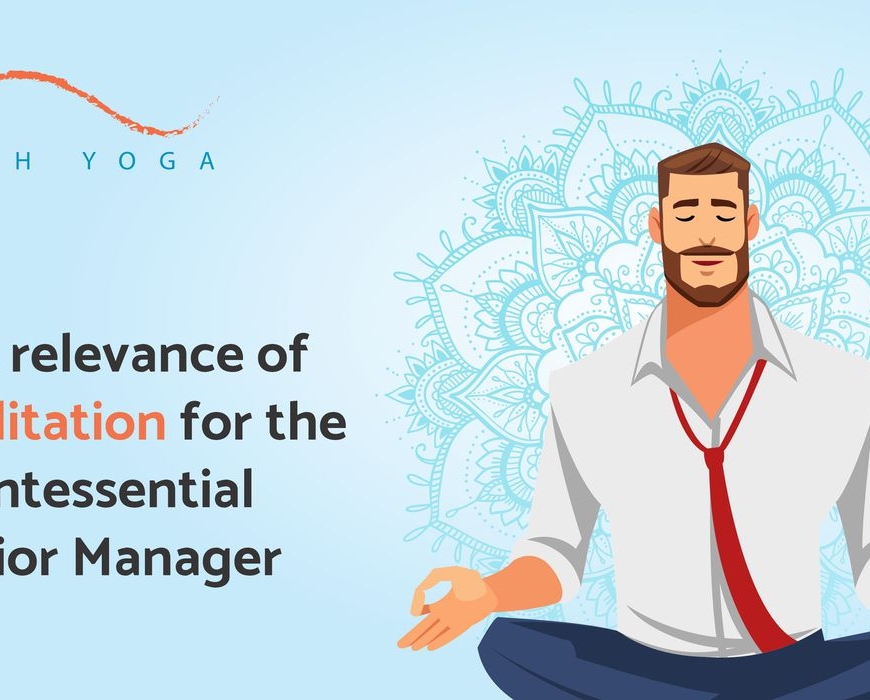What’s Inside?
- What is PCOS
- Natural Remedies that can help with PCOS
- Some important things to remember
Polycystic Ovarian Syndrome – What is It?
PCOS is one of the most prevalent chronic problems in women across the world today. Characterized as a hormonal disorder, this condition is marked by the excess production of the male sex hormone androgen in the women’s bodies. Further, their ovaries may develop collections of fluids called follicles, and fail to release eggs regularly.
PCOS can bring about a number of symptoms, including irregular and painful periods, excess body hair, increase in weight, and in the long run, the possibility of infertility. PCOS can also give rise to a number of secondary problems including obesity, depression, and self-esteem issues, all of which can bring in physical and mental problems of their own.
Indeed, PCOS can have a pervasive impact on the life of the women who have them.
Dealing with PCOS – Nature’s Path
There is no standard method of dealing with PCOS. As the symptoms amongst women tend to be wary, so does the medical approach. One thing remains constant however – the advice for a healthy lifestyle. Maintaining a healthy weight, being active and eating well can go a long way in controlling the condition and the symptoms that it produces.
If you have been diagnosed with PCOS or have a vulnerability to it, you will surely benefit from these natural methods of controlling the condition, which include the following –
- Health in Wholesomeness – While eating raw, unprocessed food close to its natural form is beneficial for anybody, it can provide great benefits for women with PCOS as the good is not saturated with sugars, hormones, or preservatives. This helps in boosting weight loss and maintenance, helps in balancing the insulin levels of the body, and gives a metabolic boost by making the digestive process simpler. Whole grains, legumes, and fruits are the way to go here, and think salads, dals, and homemade sabzis.
- Reduce Stress – Not only does stress directly impact PCOS symptoms by increasing the level of cortisol in the body, it also leads to binge-eating and junk food craving, and make mental health problems worse, and and increase physical tension and irritability, which are not at all conducive to productivity or healthy living. Reducing stress, such as through yoga and meditation, can thus go a long way in helping not just the symptoms of your PCOS, but also your emotional and mental reaction to it. Relaxation and promote a more positive outlook and happiness.
- Try Some Supplements – You doctor may recommend some medicines to help regulate your hormonal system, and you should certainly take them as prescribed. At the same time, you can boost your body’s balance by adding some helpful, natural supplements to your diet, such as Vitamin D, which is often deficient in women with PCOS, turmeric/haldi, which helps in anti-inflammation and decreasing insulin resistance, and cinnamon, which can help in menstrual regular. Be sure however, to check with your doctor so that your natural and medical supplements do not react together and cause problems.
- Probiotics – Our intestines are home to millions of bacteria which aid the digestion process, and the link between changes in gut environment and changes in hormonal levels has been noted in some studies. While this tentative link needs further exploration, probiotic food products are an excellent choice to help improve digestion and provide a range of other benefits including for mental health and the heart. While natural dahi or curd is an excellent digestive aid, it is not truly probiotic – so keep in mind that if you want to add this to your diet, you may need to buy probiotic products or make them especially at home.
- Strike A Balance in Exercising – Exercising is one of the major recommendations for PCOS, and for good reason. It helps in controlling weight, releases endorphins, stimulates the muscles and organs of the body, and can help in regulation of the menstrual cycle. However, too much exercise or a form of exercise that is not suitable to your body can actually push your hormonal system out of balance. Here, it may be worthwhile to take some medical help and consult with a doctor who can help you chart out the best way to exercise.
Somethings to Remember
- Remember that a qualified doctor with experience about your condition and knowledge of your medical history would know best. The advice above are general blankets that can benefit the majority of women with PCOS. But every woman’s condition is unique. So in the end, ensure that you have an open and honest communication about the changes you seek to make in your lifestyle.
- PCOS is a broad-ranging problem, and tackling it requires a multi-level approach. Working on just one aspect like diet may not have the kind of impact that working on all aspects such as exercise, diet, and mental health would have. So while it can be a challenge, working on all aspects of your life would certainly have better results in the long run, and improve your health more.





Add Comment